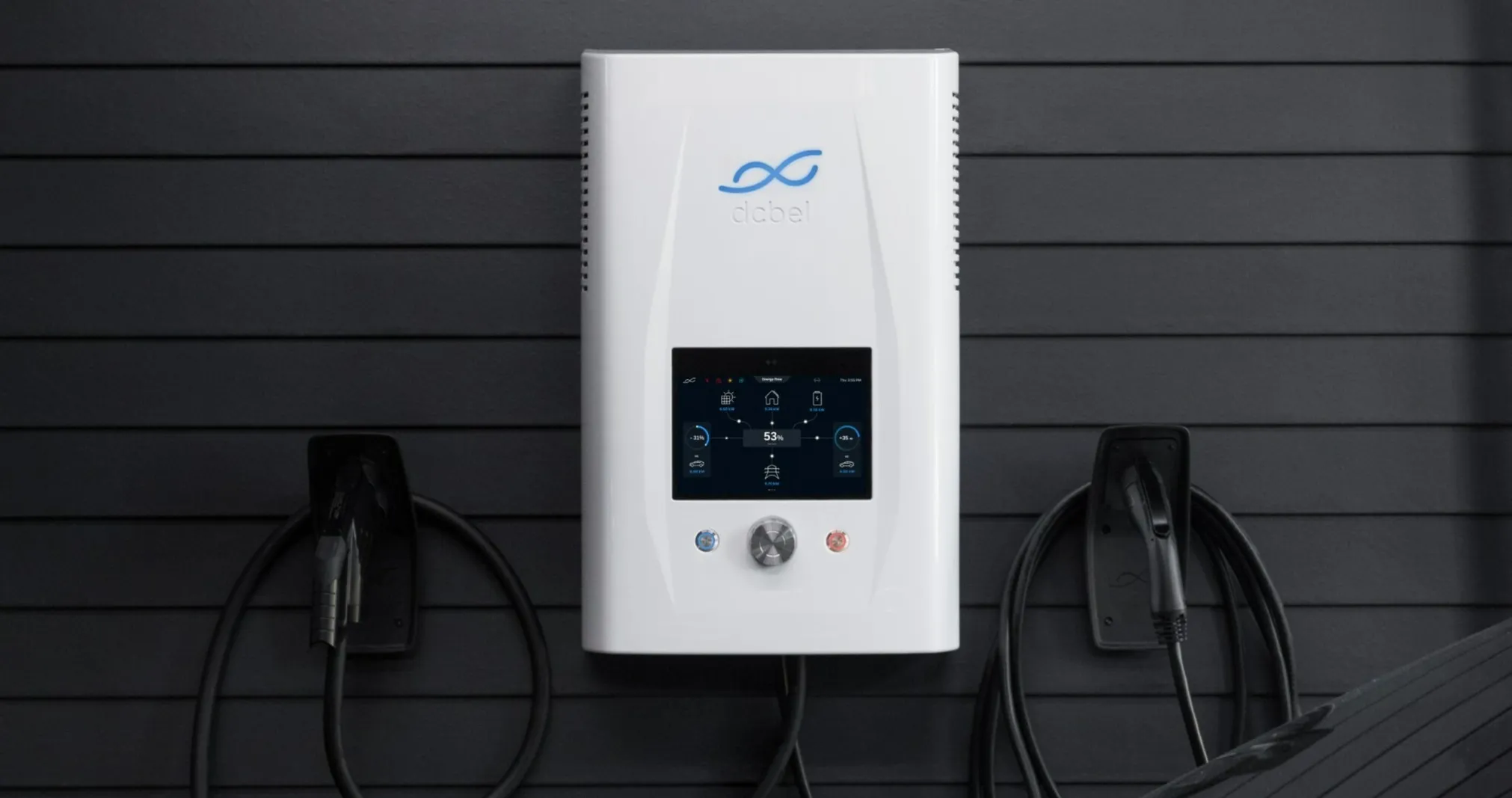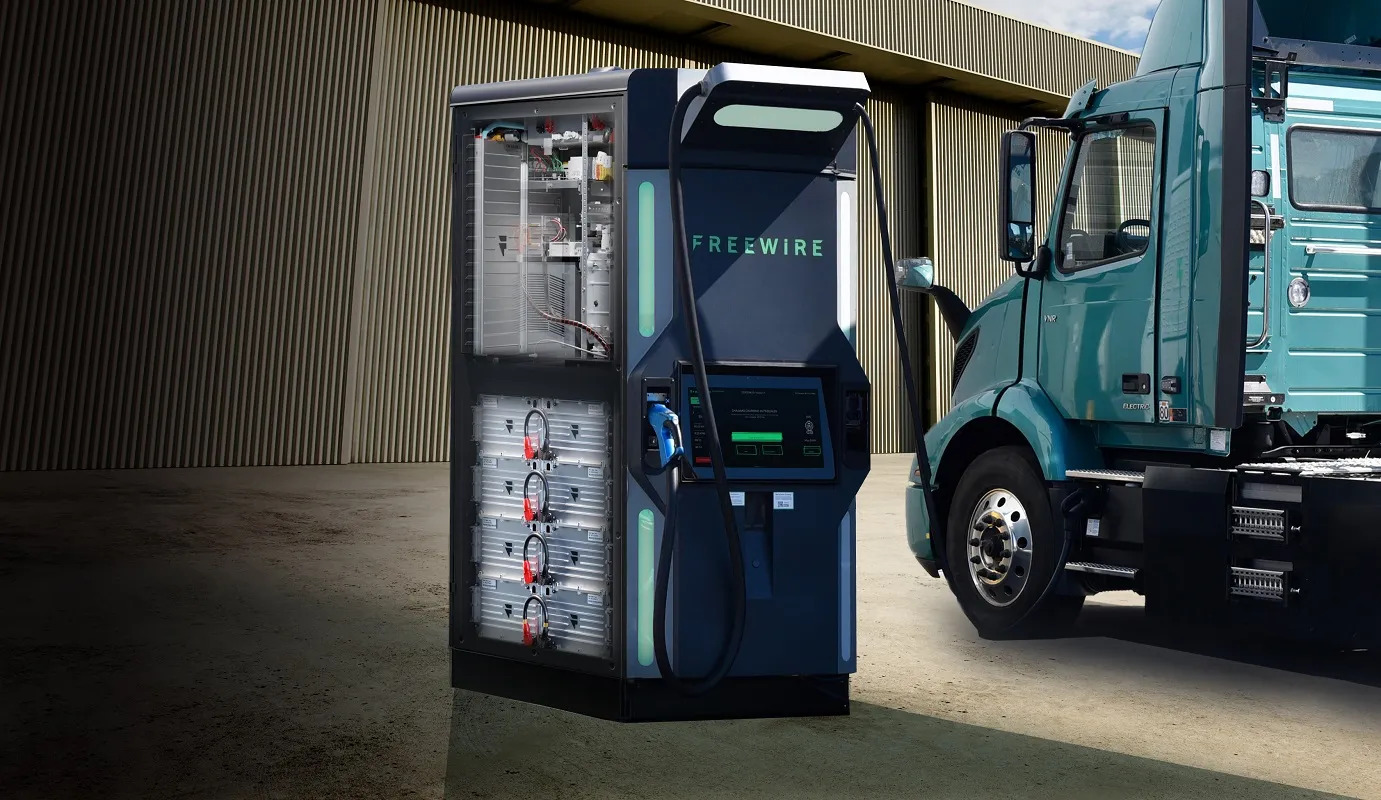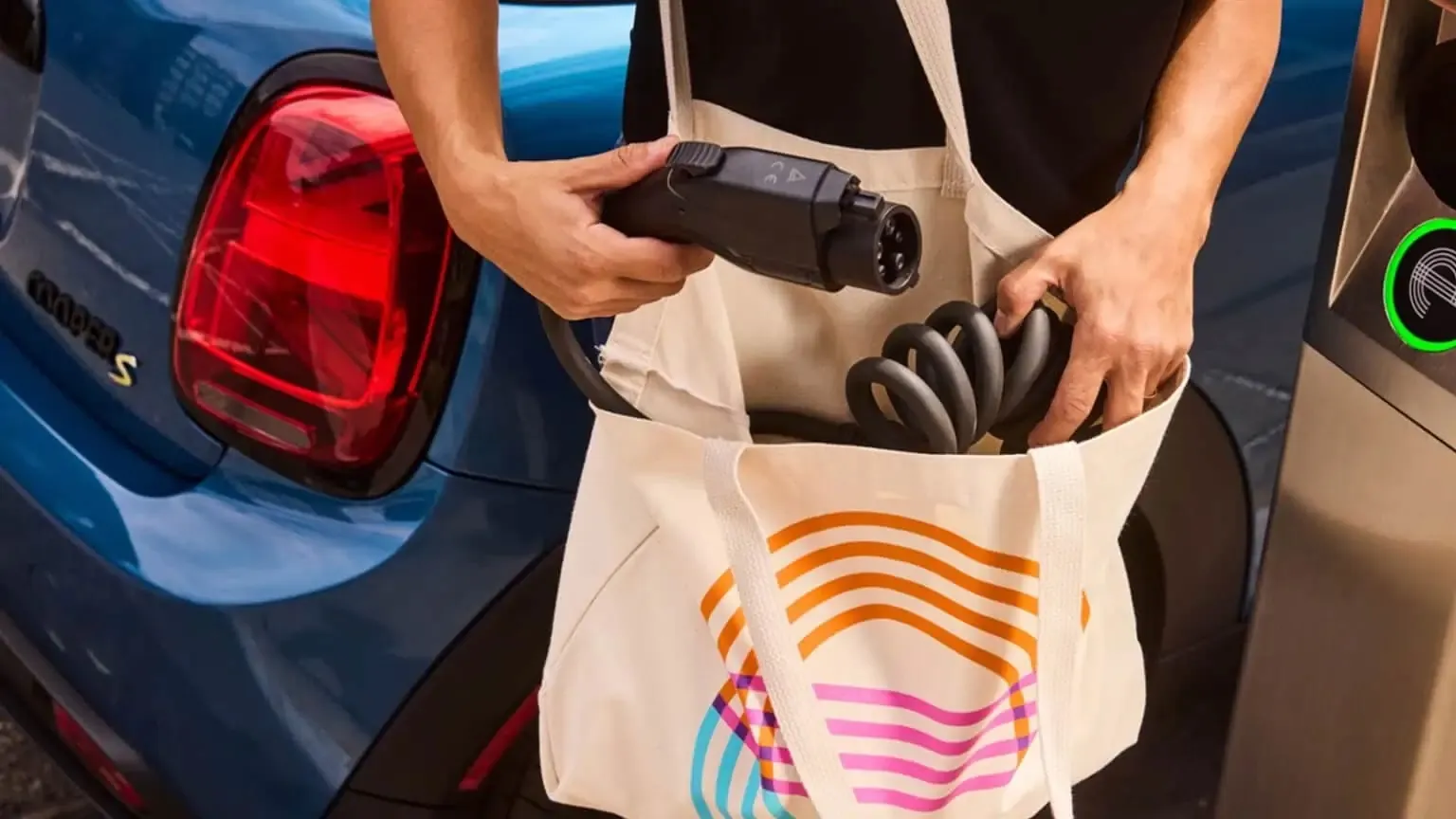
This universally compatible solution will allow customers to power their homes during a blackout and significantly reduce energy costs.
The unprecedented certification process, during which standards were not only assessed but also drawn, was over two years in the making. Dcbel collaborated with Intertek, a nationally recognised testing laboratory (NRTL) program member, to validate the safety of the product across a wide range of conditions and scenarios, completing dozens of tests to meet UL 2231 and 9741 standards.
The company says the certification of this patented DC technology will kickstart a new era of home energy and dramatically disrupt the residential EV charging market, challenging the cost of Level 2 AC chargers while enabling automakers to rethink current EV charging architecture.
Batteries can only be charged and discharged using DC energy. Due to the absence of DC home charging solutions, all EVs contain a costly and heavy onboard AC power converter. As stipulated by the California Energy Commission, "utilities and regulators have not yet worked out how to guarantee safety and stability of the grid if an unknown vehicle connects to a portal and attempts to export power" using this same onboard AC power conversion equipment.
Dcbel says its offboard power conversion solution fills this gap. It delivers ultra-stable DC energy directly to the EV battery, improving upon typical Level 2 charging speeds while, the company states, avoiding the degrading effects of high-intensity Level 3 DC fast chargers. Thanks to the product's breakthrough power electronics, Dcbel R16 uses one power converter to do the work of as many as six separate home inverters, increasing round-trip efficiency by over 20%. The solution significantly diminishes wall clutter compared to single function/multi-device residential bidirectional charging approaches.
Shipping of the first batch of Dcbel home energy stations will begin in territories within California and New York State. To ensure the highest product quality, the company will also have its manufacturing facilities certified through Intertek. Mass production of the Dcbel R16 will take place in Richardson, Texas.









